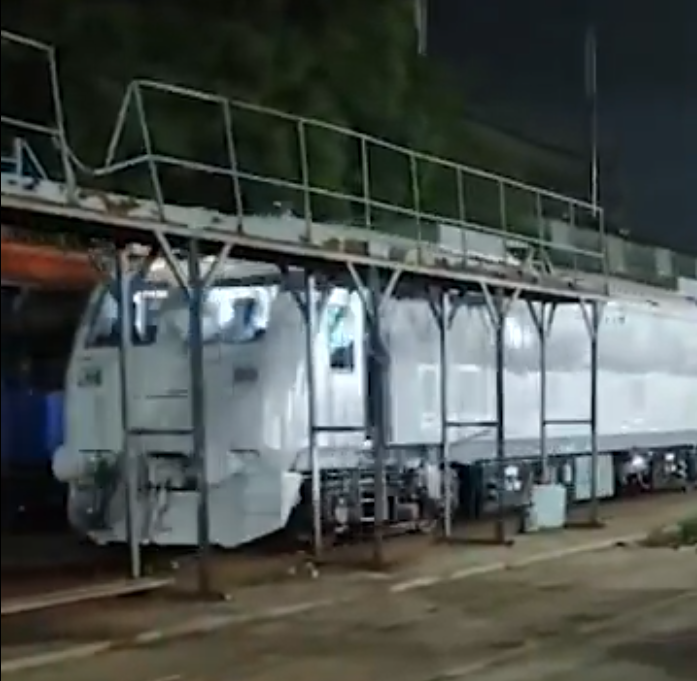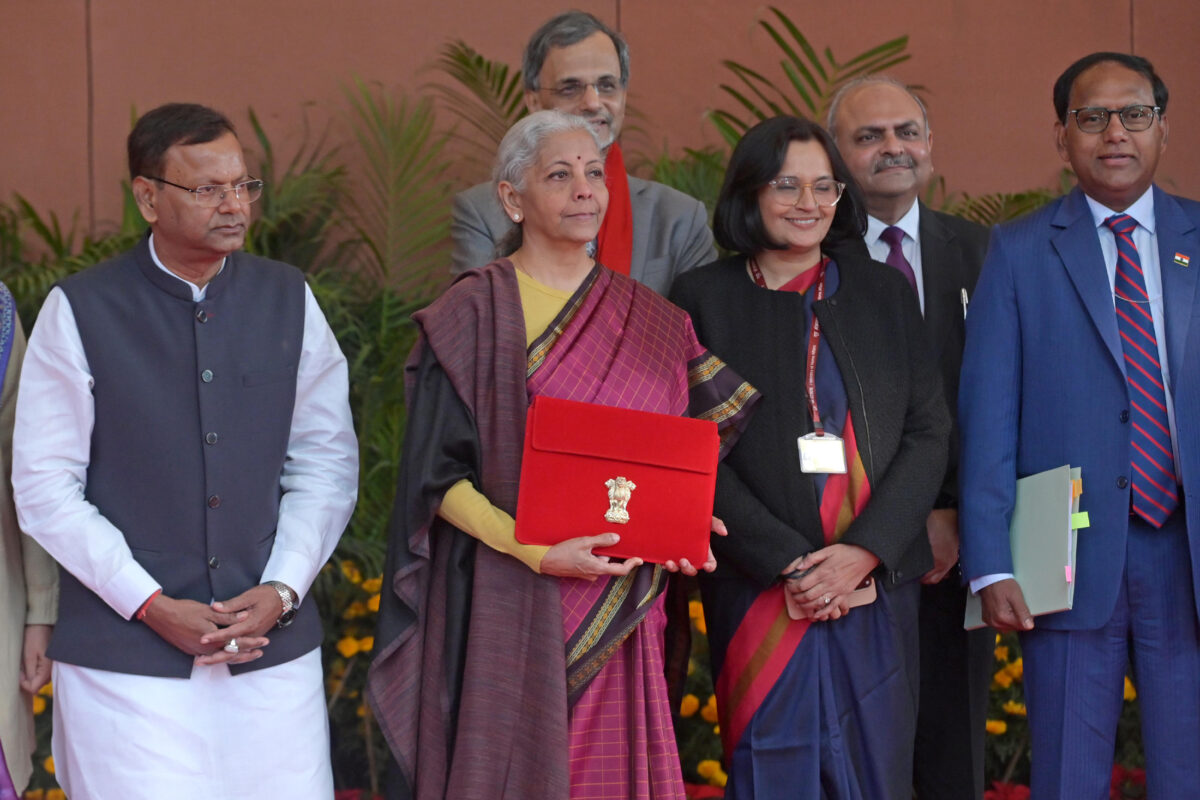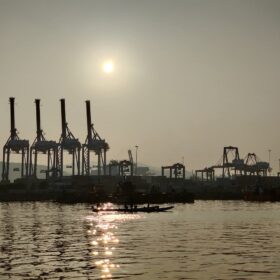Indian Railways has successfully tested the nation’s first hydrogen-powered coach at the Integral Coach Factory (ICF) in Chennai.
“First hydrogen-powered coach (Driving Power Car) successfully tested at ICF, Chennai. India is developing a 1,200 HP hydrogen train. This will place India among the leaders in hydrogen-powered train technology,” Union Railway Minister Ashwini Vaishnaw shared on X.
Notably, Indian Railways plans to run 35 hydrogen trains on various heritage/hill routes under the “Hydrogen for Heritage” program. The cost per train is estimated at INR 80 crore and the ground infrastructure will cost INR 70 crore per route.
Lhyfe has completed its first crowdfunding campaign on the Lita.co platform, allowing the general public to invest in four of the French company’s sites in France and Germany. “Nearly 1,200 people took part in the fundraising campaign, investing amounts ranging from €300 to €75,000, for a total of €2.5 million,” said Lhyfe in an emailed press release. Bondholders will receive a fixed interest payment in exchange for their commitment.
The UK government has launched a consultation to gather evidence on the strategic and economic value of blending hydrogen into the existing gas transmission network for Great Britain. The government’s current “minded to” position is to consider supporting transmission blending of up to 2% hydrogen by volume. Under proposals, the gas grid could serve as a strategic “offtaker of last resort” for hydrogen producers, according to the consultation paper. The consultation will remain open until Sept. 16, 2025, with the government targeting stakeholders involved in the hydrogen economy and natural gas network.
ZeroAvia said it has secured nine new patents this year. It described patents as “critical to the company’s roadmap for scaling hydrogen-electric engines for large regional aircraft.” The company now holds 45 patents related to hydrogen and electric aviation systems, with nearly 250 applications still in process.
Air Liquide said it will build, own, and operate three Air Separation Units (ASUs), two hydrogen production units, and associated infrastructure by 2027 to supply customers with nitrogen, oxygen, argon, hydrogen, helium, and carbon dioxide. The company made the announcement in a press release, linking the project to a long-term contract with a “major customer in the semiconductor industry” based in Dresden, Germany. Air Liquide said it plans to invest more than €250 million.
The Japan Institute of Marine Engineering has awarded the Marine Engineering of the Year 2024 (Dokou Memorial Award) to the passenger vessel Hanaria, which features Yanmar Power Technology Co., Ltd.’s GH240FC maritime hydrogen fuel cell system. “Hanaria is Japan’s first hybrid passenger ship powered by both hydrogen and biodiesel. Operated by MOL Techno-Trade, Ltd., the vessel features Yanmar’s first maritime hydrogen fuel cell system, a proprietary lithium-ion battery system developed by Yanmar, and an integrated management system that controls all onboard power, Yanmar said in an email.
The Dutch Organisation for Applied Scientific Research (TNO) said the HyCARB project has received funding to develop fuels and materials from industrial waste gases and CO2 using green hydrogen and green electrons. The project, led by TNO, is supported by the Dutch Research Council (NWO) and the National Growth Fund (NGF) programme GroenvermogenNL. “The NGF programme GroenvermogenNL and NWO are funding this project with €35.3 million. Co-funding will provide the consortium with over €10.3 million for a total investment of €45.7 million,” TNO said in a press release.
Zaffra, a joint venture between Sasol and Topsoe, and Moeve (formerly Cepsa), have signed a memorandum of understanding to jointly assess the feasibility of developing electro-sustainable aviation fuel (e-SAF) facilities in southern Spain, near where Moeve is developing the Andalusian Green Hydrogen Valley. Electro-Sustainable Aviation Fuel is a highly scalable next-generation synthetic aviation fuel produced using renewable electricity, green hydrogen, and captured carbon dioxide, according to Moeve in an emailed press release.
This content is protected by copyright and may not be reused. If you want to cooperate with us and would like to reuse some of our content, please contact: editors@pv-magazine.com.









By submitting this form you agree to pv magazine using your data for the purposes of publishing your comment.
Your personal data will only be disclosed or otherwise transmitted to third parties for the purposes of spam filtering or if this is necessary for technical maintenance of the website. Any other transfer to third parties will not take place unless this is justified on the basis of applicable data protection regulations or if pv magazine is legally obliged to do so.
You may revoke this consent at any time with effect for the future, in which case your personal data will be deleted immediately. Otherwise, your data will be deleted if pv magazine has processed your request or the purpose of data storage is fulfilled.
Further information on data privacy can be found in our Data Protection Policy.